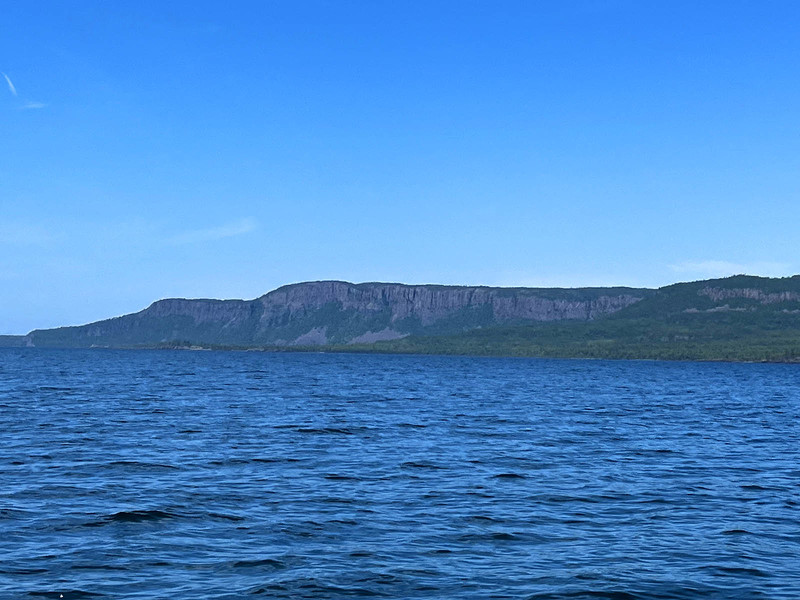You'll hear more about it in the months and years (yes, it will play out that long) to come: Wisconsin's governmental failure to establish formal, visible administrative rules by which a Great Lakes diversion application will be reviewed, analyzed and publicly-discussed prior to a community making a formal application for the diversion.
This is the frankly-ridiculous and wholly-self-created corner into which Wisconsin has painted itself, as the City of Waukesha will release its application for a Lake Michigan diversion -- and the Wisconsin Department of Natural Resources will get its copy in the mail -- with barely a procedural scrap of paper upon which to begin to figure out if the application meets Wisconsin laws.
And, more importantly, meets the expectations of the Great Lakes Compact, adopted last year by all eight Great Lakes states - - which must all agree that the application is diversion-worthy if this shared resource is to be piped in a precedent-setting move beyond the boundaries of the Great Lakes basin.
It's a little like beginning to exploit an uncharted and unmapped region, but without a map.
And in Wisconsin's case, deliberately deciding not to have that map, as the political thinking last year in Madison was: let's not put up anything in front of Waukesha that might be construed by anyone as an obstacle to regional cooperation, business development and to some in the Waukesha electorate.
So here is what will happen:
The DNR, with the application in hand, will still have to establish and announce some sort of review process that will guarantee a decent technical analysis and public input.
And will have to look carefully at basic environmental issues, since the Great Lakes is a public resource held in perpetual trust - - particularly regarding the impacts of wastewater return to Lake Michigan via a tributary in Wauwatosa.
While lawyers will look at the broad requirements of the Compact with regard to whether the request for a diversion meets the tough standards for approval - - because the Compact is less a document to achieve diversions than it is a conservation and management agreement that makes diversions the exception.
And Milwaukee has its own set of conditions should Waukesha negotiate a deal for the water supply.
And then...and then...the DNR has to forward the application, along with an analysis and any changes made along the way, to the other seven states for separate reviews.
Don't be surprised if one of more of them sends the application back for more work.
And with commentary expressing displeasure that Wisconsin, knowing full well the Waukesha application would be the first through the chute, would have forwarded it into the Compact's first eight-state approval procedure without having written its legal/administrative rules in advance.
Politics should not have trumped good environmental and public participation processes in Wisconsin after the Compact was approved, but that's what happened because too many leaders in Waukesha and Madison were single-mindedly focused on a diversion.







